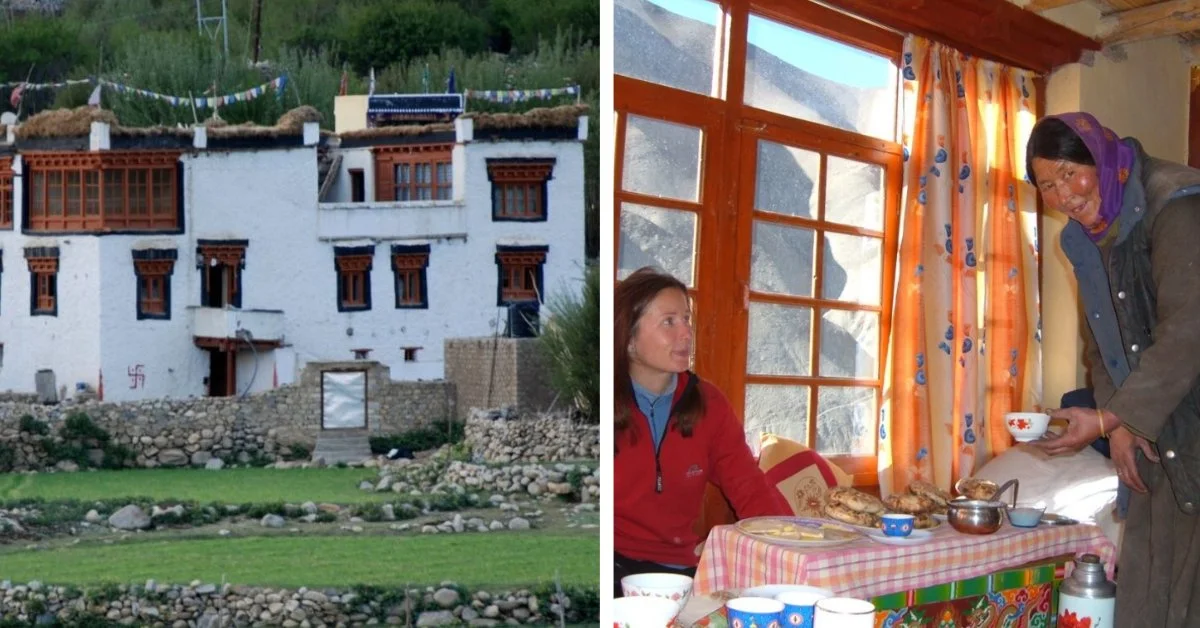One morning, a few years in the past, Deachen Chuksit went to her discipline to take advantage of the cows, a typical morning routine. However she was distraught to search out one lacking. As a local of Ladakh — additionally dwelling to the snow leopard — this didn’t come as a shock.
She’d typically heard of the snow leopard’s notoriety and the way it ruthlessly killed her neighbour’s cattle and sheep as they innocently grazed on the mountain pastures. However, as we speak, she was a sufferer of the identical destiny. Years in the past, Deachen’s response to this horrifying incident can be to weep. However this time, she dialled a quantity on her telephone and calmly narrated the loss she had simply witnessed.
The particular person on the opposite finish of the road was Dr Tsewang Namgail — the current director on the Snow Leopard Conservancy India Belief. Patiently, he heard Deachen out. The subsequent month, an quantity of Rs 7,000 made its approach to her. The cash was a reimbursement for the cow she misplaced.
“The insurance coverage scheme that Mr Namgail has began could be very useful to us,” Tsewang Norboo, Deachen’s brother-in-law shares. He has been serving to her out following the dying of her husband.
As a part of the scheme, each village dwelling pays an annual sum of Rs 400. The cumulative quantity goes into the checking account that Namgail has arrange. When a villager experiences an incident of a lacking cow or goat, citing the snow leopard because the perpetrator, they’re compensated with Rs 5,000 (for a small animal) and Rs 7,000 (for a bigger animal).
Namgail took over as director in 2013, after the passing away of his beloved buddy and mentor Rinchen Wangchuk. The Ladakhi mountaineer and conservationist had co-founded the belief in 2003 together with biologist Rodney Jackson with a deal with prioritising a harmonious relationship between the snow leopard and the locals.
The return to the place he as soon as known as house is particular for Namgail who was beforehand working as a wildlife biologist in the USA the place he was learning the migratory patterns of birds. “I had at all times harboured a dream to return again to Ladakh,” he shares. A burning want to lift consciousness about environmental and ecological points was behind this dream.
And so, when in 2012, the belief appeared to be struggling after the passing away of its chief, Namgail knew it was time to return.
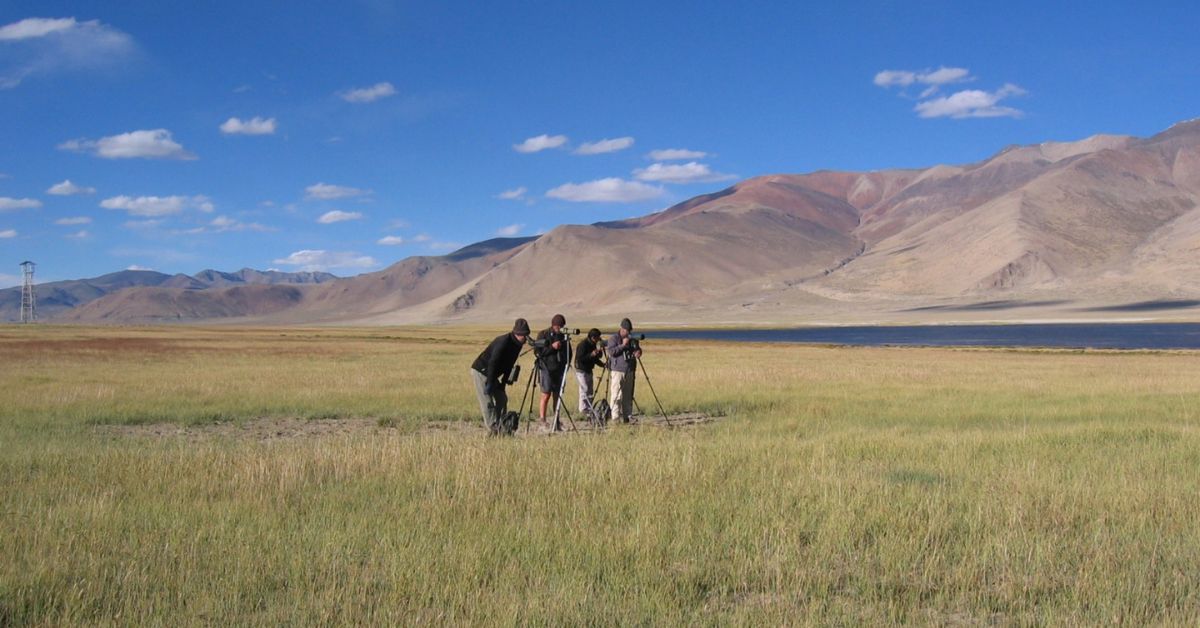
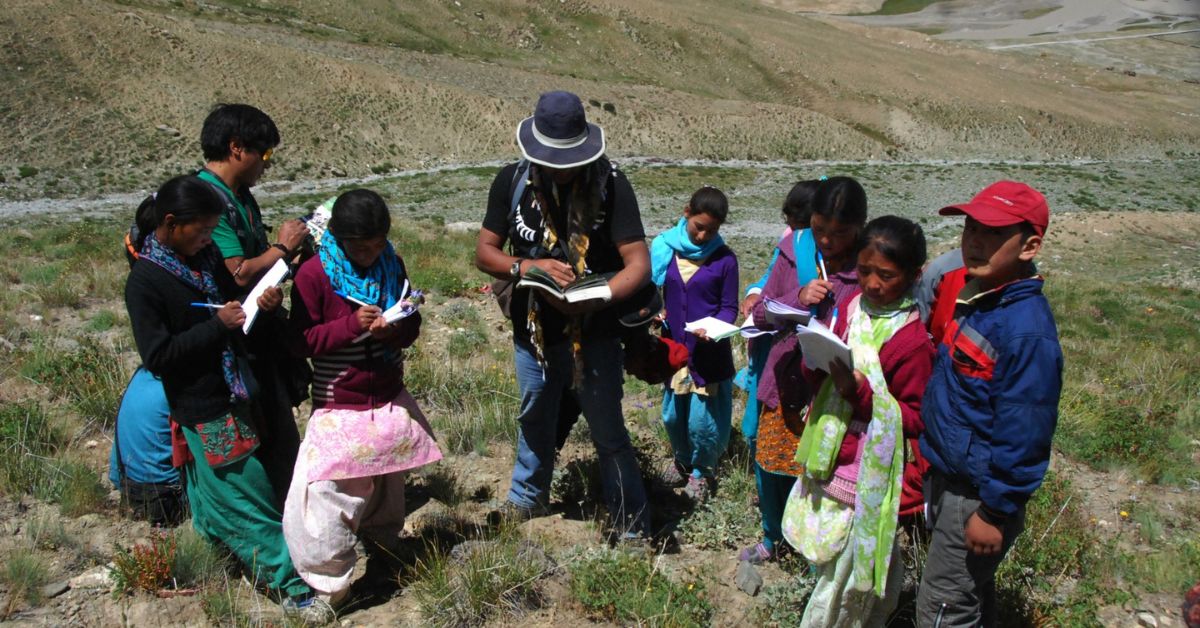
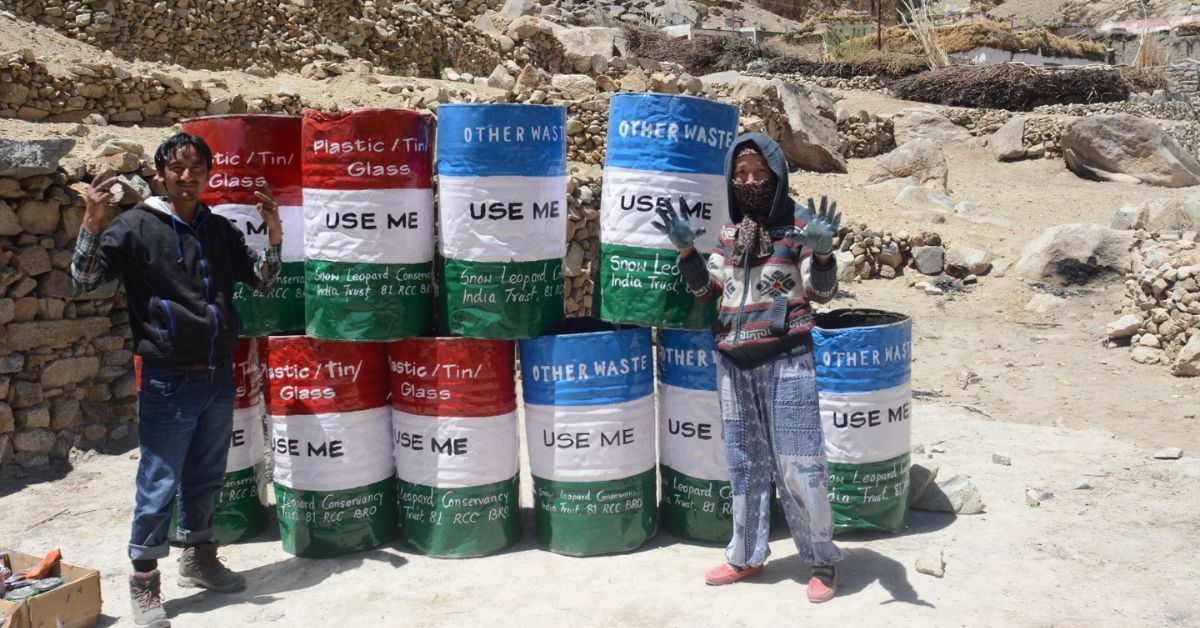
Exploring the majesty of the snow leopards
The villagers who as soon as moved round with concern of their eyes and a tremble of their steps, now have a newfound confidence. They not hate the feline. The truth is, a serious chunk of their incomes is generated by snow leopard-related tourism. To make up for the favour, the locals don’t hunt the animals down, as they as soon as did, thus permitting their inhabitants to thrive.
And spearheading this concord between beast and man has been the conservancy. However credit score Namgail for main a singular endeavour akin to this, and he says he owes his success to Wangchuk.
“Even earlier than I took over as director in 2013, I bear in mind accompanying Mr Rinchen to the villages of Ladakh and chatting with the locals. He was an incredible visionary. We might conduct quite a few surveys to test on the mountain sheep and goats, and it was a stunning expertise to study from him.”
The duo had recognized one another for years. “Throughout my school days, I might lead the vacationers into the mountains through the summer season. On the time, Mr Rinchen was engaged on some tasks for the Worldwide Snow Leopard Belief, and that’s once we met,” Namgail explains.
There was a lot to study from Wangchuk, he says. Within the years to return, a easy afternoon dialog between a younger school boy and his idol blossomed into an attractive friendship. Little did Namgail know that the baton of the conservancy would cross to him after Wangchuk’s passing.
When Namgail got down to head the conservancy, the intent was to substitute the concern the locals had for this beast with an understanding of its ecological significance. “The snow leopard is significant from three standpoints — ecological, cultural and financial.” For a neighborhood that views livestock as subsistence, dropping it to the snow leopard is tragic.
However, says Namgail, what the folks failed to know is that the feline is integral to selling plant regeneration within the mountains, enhancing herbivore variety and stopping floods.
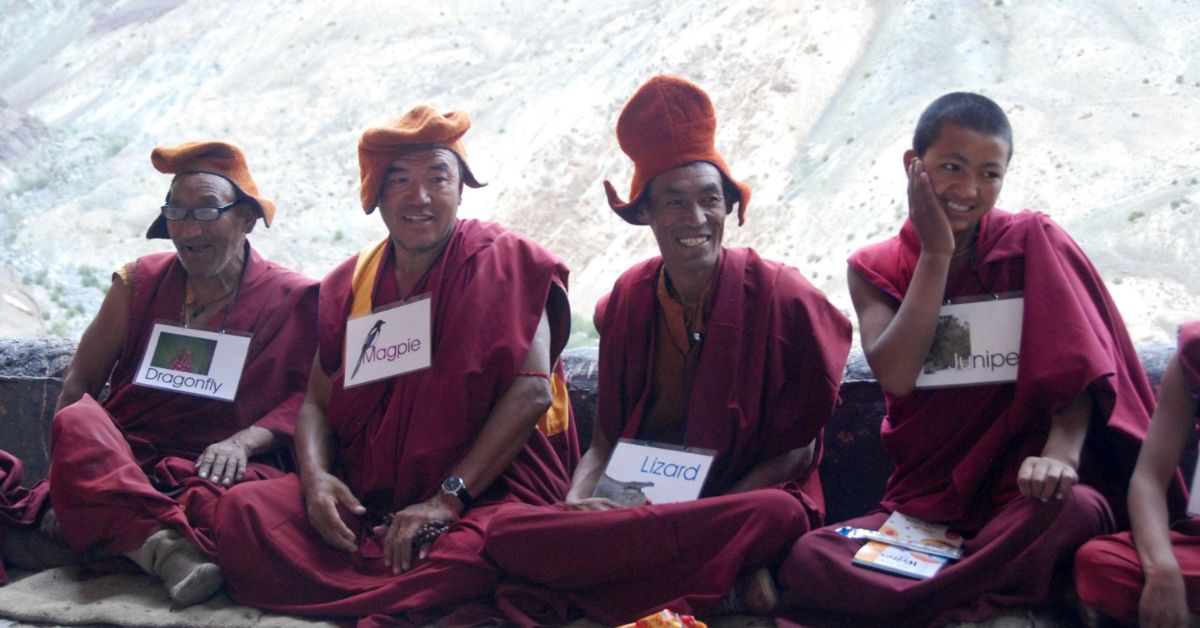
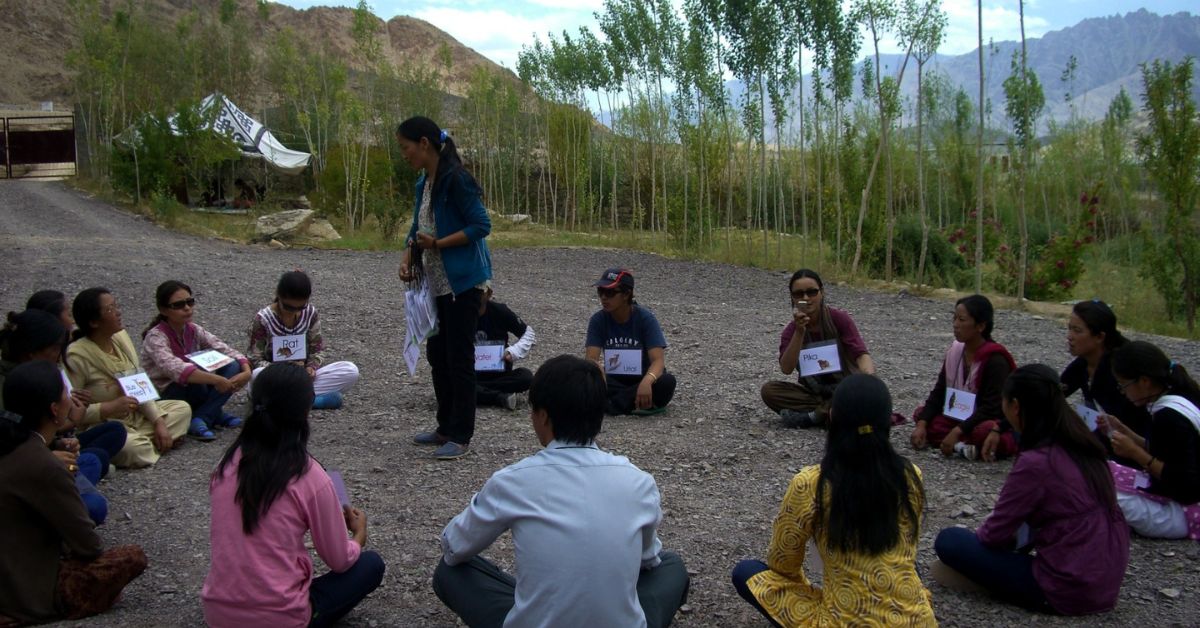
The cycle begins with a snow leopard killing a mountain sheep or goat. “These herbivores feed on alpine pastures that develop on the slopes of the mountain ranges. By controlling the inhabitants of those sheep and goats, the snow leopard provides the grasses and crops an opportunity to regenerate,” explains Namgail.
The subsequent concern the feline helps sort out is floods.
The prevalence of pure disasters within the area is compounded by local weather change. “Lately we’re receiving extra rain and fewer snow. Because the rainwater flows down the slopes, the free soil additionally goes with it.” Thoughts you, the soil is loosened by the grazing exercise of the goats. The muddy water floods the villages destroying property within the course of.
“Now do you see the ecological linkage?” Namgail asks me.
I do.
He then strikes on to discover the third profit of getting the animal within the area — enhancing carnivore variety. “The snow leopard’s most well-liked prey are the Asiatic Ibex and the Himalayan Blue Sheep. Preying on these not directly permits different species of sheep and goats to thrive.”
However the query begs to be requested: if an animal has such prime ecological significance, why is it getting ready to extinction?
Defending the ‘ghost of the mountains’
The moniker has been bestowed on the feline for its pure camouflage. Nobody can sense it approaching till it lastly exhibits itself. With hind legs that allow it to leap six instances the size of its physique and a protracted tail that gives it steadiness, the snow leopard has for hundreds of years assumed a ‘king’ standing within the mountains of Afghanistan, Bhutan, China, India, and Nepal.
What’s fascinating to notice is that the snow leopard’s standing was assessed in 1986, 1988, 1990, 1994, 1996, 2002, and 2008. In every case, it was labeled as ‘Endangered’. However in 2008 the animals’ standing was modified to ‘Weak’ because the inhabitants started to say no much less quickly. However the decline was nonetheless current, and human-animal battle was accountable.

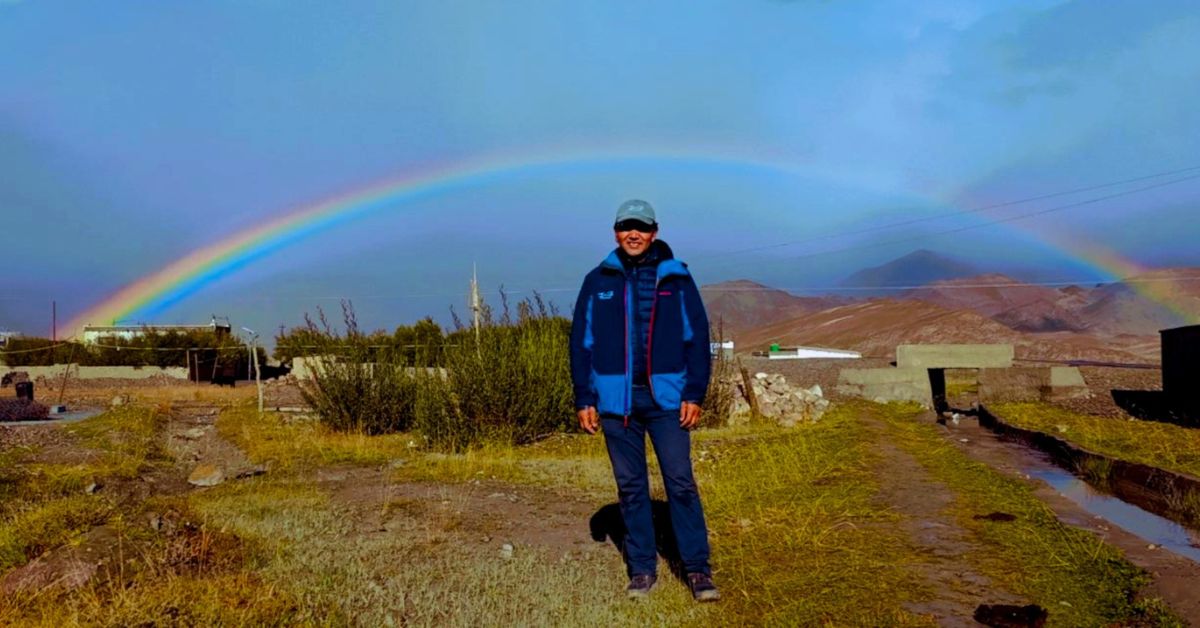
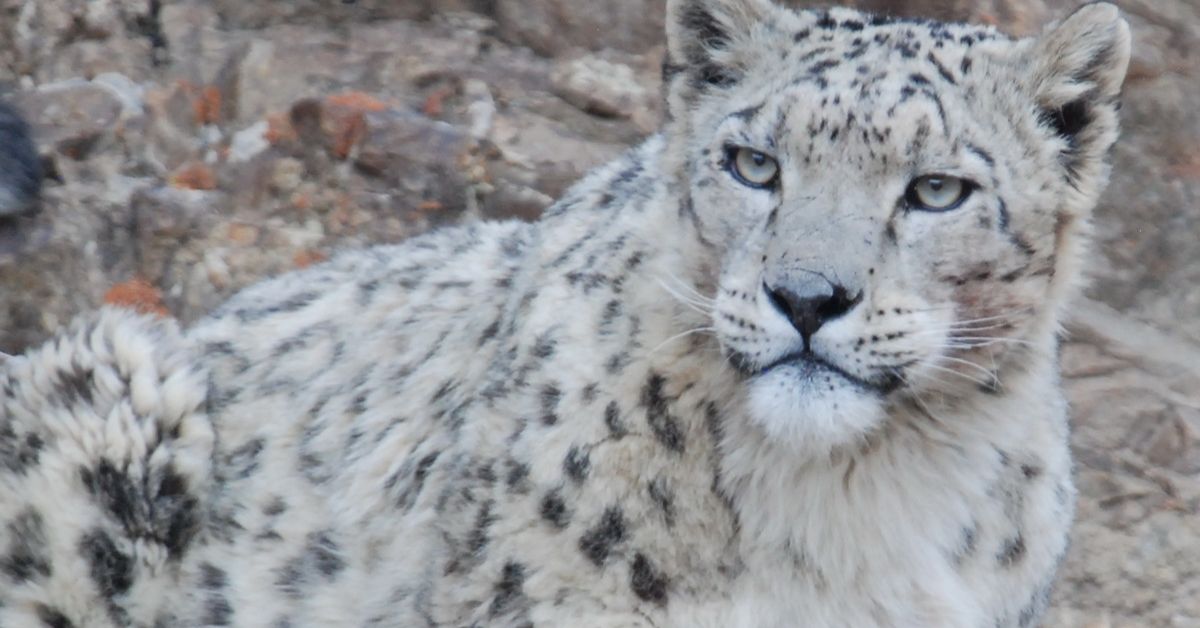
Retaliatory killings have at all times been a knee-jerk response to snow leopards mauling the locals’ livestock. And Namgail emphasises that that is the place the conservancy steps in.
Dwelling alongside the ferocious predator isn’t a dream for the pastoral communities of Ladakh. Nevertheless, having the ability to preserve their livelihoods from the cash they earn by way of defending it serves as an incentive. The truth is, as soon as hailed as pests, Namgail says the felines are actually fondly known as ‘Ri Gyancha’ which interprets to ‘ornaments of the mountains’.
After all, this nickname doesn’t soften the perspective of the snow leopard in direction of the locals who proceed to see uncommon circumstances of their cattle being mauled and eaten. However at the least now, they’re reimbursed for it.
Namgail notes that the insurance coverage mannequin is just one of many many actions on the conservancy. “We additionally deal with community-based tourism, training and analysis in Ladakh, and promotion of revolutionary grass-root measures that encourage native folks to turn into higher stewards of the endangered snow leopards, their prey, and habitats.”
One other arm of the conservancy is the award-winning Himalayan Homestay Programme which was began beneath the management of Wangchuk.
Serving to tourism thrive
Narrating the way it started, Namgail shares it was throughout a go to that he and Wangchuk made to the Hemis Nationwide Park within the yr 2001. A dialog with one of many village girls launched them to the concept of beginning community-led tourism. “One of many girls urged that for the reason that vacationer camps led to a lot rubbish being generated, why not allow them to stay within the native houses?” Namgail shares.
Within the weeks that adopted, the duo went across the villages of Ladakh and surveyed the native communities to see in the event that they have been prepared to host company. They have been elated. That’s how the homestay arm was born. Deachen who has additionally transformed her dwelling right into a homestay, says she loves having vacationers over.
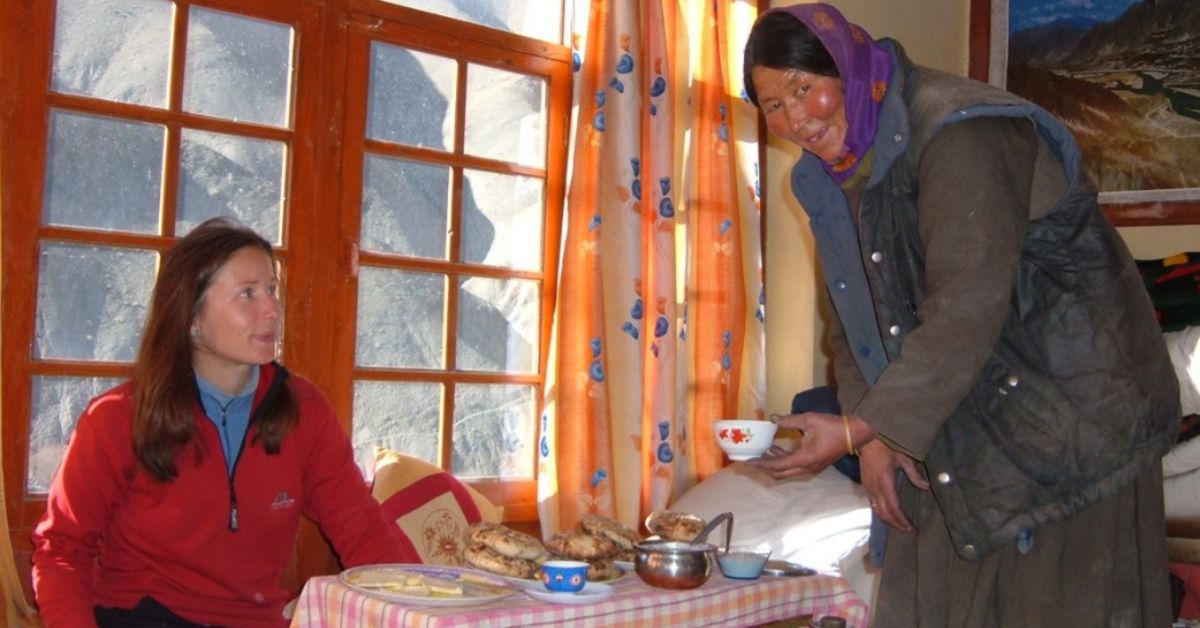
As a way to see to it that the snow leopards don’t prowl across the dwelling or assault, predator-proof corrals are constructed by native folks utilizing low-cost native supplies. “Villagers present the labour whereas SLC-IT gives wire mesh, doorframes, beams, and wood poles,” says Namgail. Up to now over 150 livestock corrals have been constructed throughout Ladakh, benefitting greater than 600 households.
Along with this, the homestay idea allows the villagers to earn. Presently, there are 200 homestays throughout 40 villages of Ladakh beneath the conservancy.
Elaborating on the mannequin, he shares that selecting to remain in one among these homestays generates funds for communities that they use to guard their mountain atmosphere. “These funds are created in a singular method: 10 p.c of all homestays’ earnings goes right into a ‘village conservation fund’, which is utilized by villagers for tree planting, rubbish cleansing, and upkeep of their cultural heritage, akin to mani partitions, chortens, and sacred juniper stands.”
The villagers are inspired to host company on a rotational foundation. “That is executed in order that no single household can monopolise the vacationers. As a result of if that have been to occur, it could create a disharmony within the village.”
As Namgail shares, the tourism mannequin has been so profitable that individuals throughout the Himalayas have taken inspiration from it and are replicating it. However regulation is essential, he emphasises.
As night settles over Ladakh, the snow is tinged with a mixture of blue and orange, a mix of the hues of the setting solar and nightfall. Because the locals go into their houses, bolt their doorways, and warn the youngsters to remain inside, the silent rustle of leaves goes unheard. So does the slither within the bushes and the shadow of a feline starting its prowl.
Edited by Pranita Bhat
